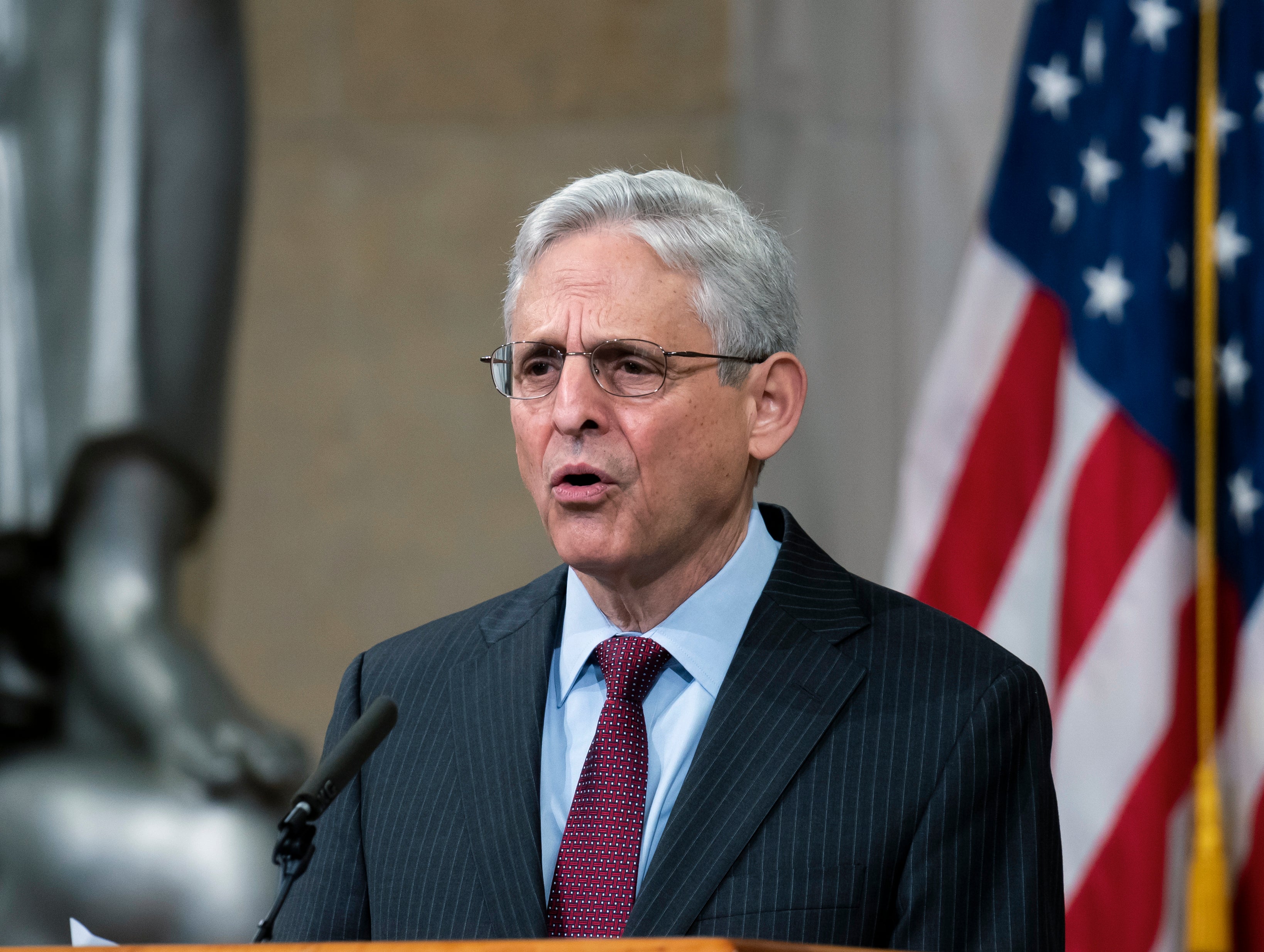Justice Department to expand redlining investigation efforts
The Justice Department has announced a cross-government effort to investigate and prosecute redlining, the practice of banks discriminating against racial minorities or certain neighborhoods

Your support helps us to tell the story
From reproductive rights to climate change to Big Tech, The Independent is on the ground when the story is developing. Whether it's investigating the financials of Elon Musk's pro-Trump PAC or producing our latest documentary, 'The A Word', which shines a light on the American women fighting for reproductive rights, we know how important it is to parse out the facts from the messaging.
At such a critical moment in US history, we need reporters on the ground. Your donation allows us to keep sending journalists to speak to both sides of the story.
The Independent is trusted by Americans across the entire political spectrum. And unlike many other quality news outlets, we choose not to lock Americans out of our reporting and analysis with paywalls. We believe quality journalism should be available to everyone, paid for by those who can afford it.
Your support makes all the difference.The Justice Department announced Friday a cross-government effort to investigate and prosecute redlining, the practice of banks discriminating against racial minorities or certain neighborhoods. It is the first major expansion of redlining investigations since the Obama administration.
As part of the effort, the Justice Department as well as the Consumer Financial Protection Bureau and the Office of the Comptroller of the Currency also announced a new redlining case against Trustmark Bank for its treatment of Black and Hispanic borrowers in Memphis Tennessee.
Despite a half century of laws designed to combat redlining, the racist practice continues across the country and the long-term effects of redlining are still felt to this day. The average net worth of a Black family is a fraction of a typical white household, and homes found in historically redlined neighborhoods are still worth less than homes found in non-redlined communities.
“Lending discrimination runs counter to fundamental promises of our economic system,” said Attorney General Merrick Garland in prepared remarks. “When people are denied credit simply because of their race or national origin, their ability to share in our nation’s prosperity is all but eliminated.”
Garland said the department is currently investigating several redlining cases and expects it will be opening more in the coming months.
While there are still cases of historical redlining — where banks exclude certain neighborhoods — the Biden administration is focusing a significant part of this effort on modern-day redlining, which can often come from the algorithms and software banks use to decide whether to approve a loan.
The CFPB will be focusing much of its effort on algorithmic redlining, CFPB Director Rohit Chopra said Friday.
“Digital redlining may simply engrain old forms of discrimination,” he said.
The Justice Department, CFPB and OCC reached a settlement against Trustmark National Bank on Friday that would end allegations that the bank redlined against certain neighborhoods in Memphis.
Trustmark, a bank primarily found in the South with $13 billion in assets, will be required to open mortgage offices in redlined neighborhoods as well as contribute $3.85 million toward a fund to create loan subsidies for borrowers in these discriminated neighborhoods. The bank will also pay a $5 million fine to the CFPB and a $4 million fine to the OCC.